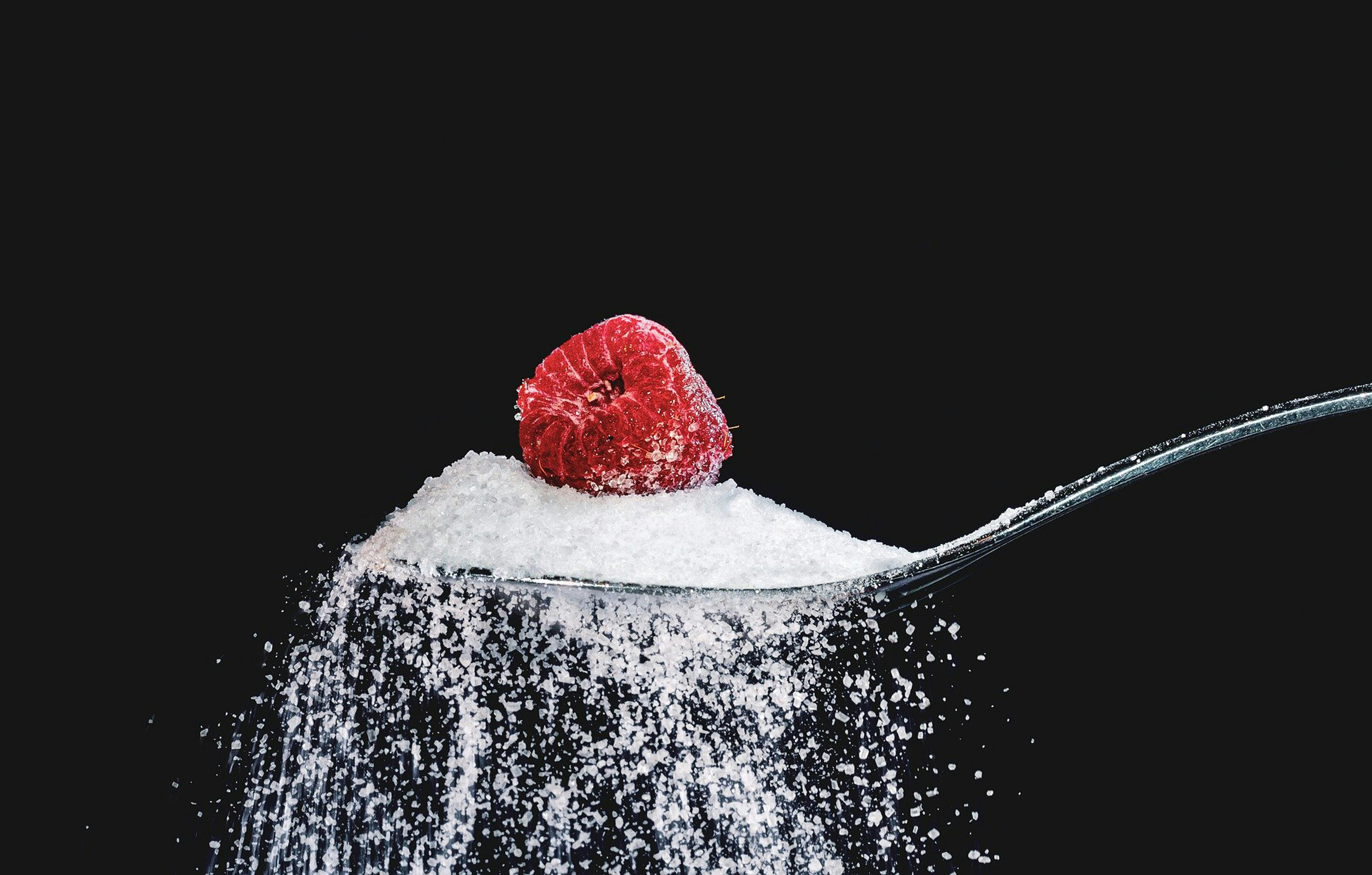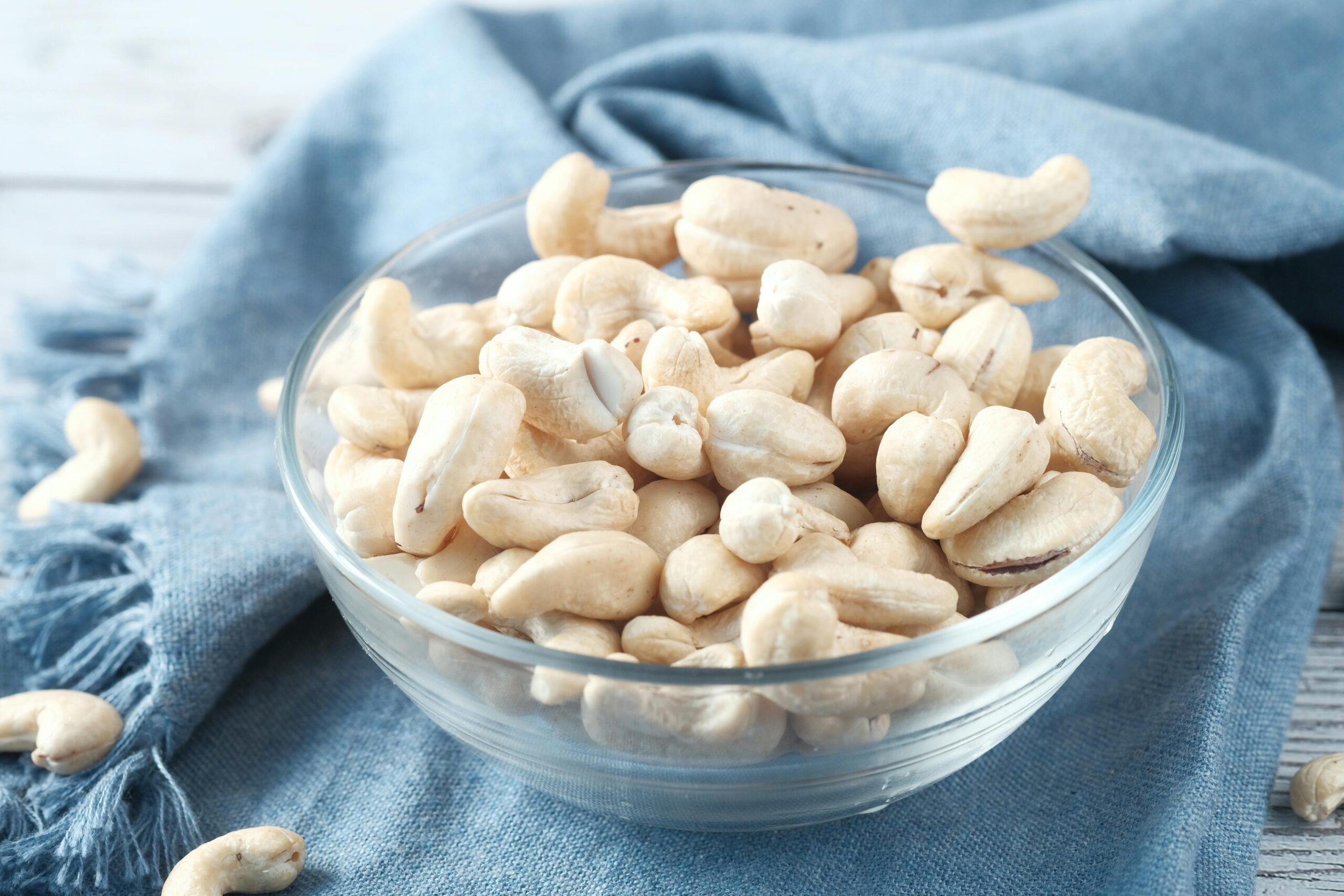The Truth About Sugar: Friend or Foe?

Sugar, that delightful ingredient that makes desserts so irresistible, can have a dark side. While it provides a quick energy boost, consuming too much can wreak havoc on your health. Let’s delve into the world of sugar, understand its effects on your body, and explore healthier alternatives.
Why Sugar Isn’t So Sweet for You:
Sugar, particularly the added sugar found in processed foods and drinks, can contribute to various health problems. Here’s how:
- Weight Gain: Excess sugar intake can lead to weight gain and obesity.
- Blood Sugar Spikes: Sugar causes blood sugar levels to rise sharply, followed by a crash. This can lead to fatigue, cravings, and long-term, diabetes risk.
- Heart Disease: High sugar intake is linked to an increased risk of heart disease.
- Dental Issues: Sugar feeds the bacteria in your mouth, causing cavities.
Saying Goodbye to Sugar
Thinking about ditching refined sugar? Here’s what you might experience:
- Initial Cravings: You may crave sugar initially, but these cravings subside over time.
- Increased Energy Levels: Stable blood sugar levels can lead to more sustained energy.
- Improved Mood: Sugar crashes can affect mood, so reducing sugar may lead to a more stable mood.
- Weight Loss: Cutting back on sugar can contribute to weight management.
The Sneaky World of Sugar:
Sugar comes in many forms, not just the kind you bake with. Here’s a breakdown:
- Natural Sugars: These occur naturally in fruits, vegetables, and dairy products. They come with essential nutrients like vitamins and fiber.
- Added Sugars: These are sugars manufacturers add to processed foods and drinks. They offer little to no nutritional value.
Types of Sugar:
There are different types of sugar, but the common ones include:
- Sucrose (Table Sugar): The refined sugar used in baking.
- Fructose (Fruit Sugar): Found naturally in fruits.
- Glucose (Blood Sugar): The main energy source for your body.
- High Fructose Corn Syrup: A common sweetener found in processed foods.
Read More: How to Lose Weight: Simple and Effective Strategies
Sugar’s Journey:
Sugarcane or sugar beets are refined to produce table sugar. Processing removes most nutrients, leaving behind pure sucrose.
Sugar Beyond the Kitchen:
Sugar has many industrial uses, including:
- Food Preservation: Sugar helps jams, jellies, and other products last longer.
- Fermentation: Sugar is used to make beverages like wine and beer.
- Manufacturing: Sugar is used in some non-food products, like medicines.
Sweet Facts About Sugar:
- Sugar was once a luxury good, only affordable to the wealthy.
- The human body naturally produces small amounts of sugar for energy.
- Honey is a natural sweetener with some health benefits, but it’s still sugar, so moderation is key.
Nature’s Sweet Alternatives:
Are you looking for a healthier way to satisfy your sweet tooth? Here are some natural options:
- Fruits: Packed with fiber and vitamins, fruits provide natural sugars.
- Dates: These chewy fruits offer a concentrated sweetness.
- Honey: Use sparingly for a touch of sweetness with some health benefits.
- Cinnamon: This spice adds a warming sweetness to food.
Remember:
Sugar can be part of a balanced diet, but moderation is key. By being mindful of your sugar intake and opting for natural sweeteners, you can enjoy a healthy and delicious lifestyle.















